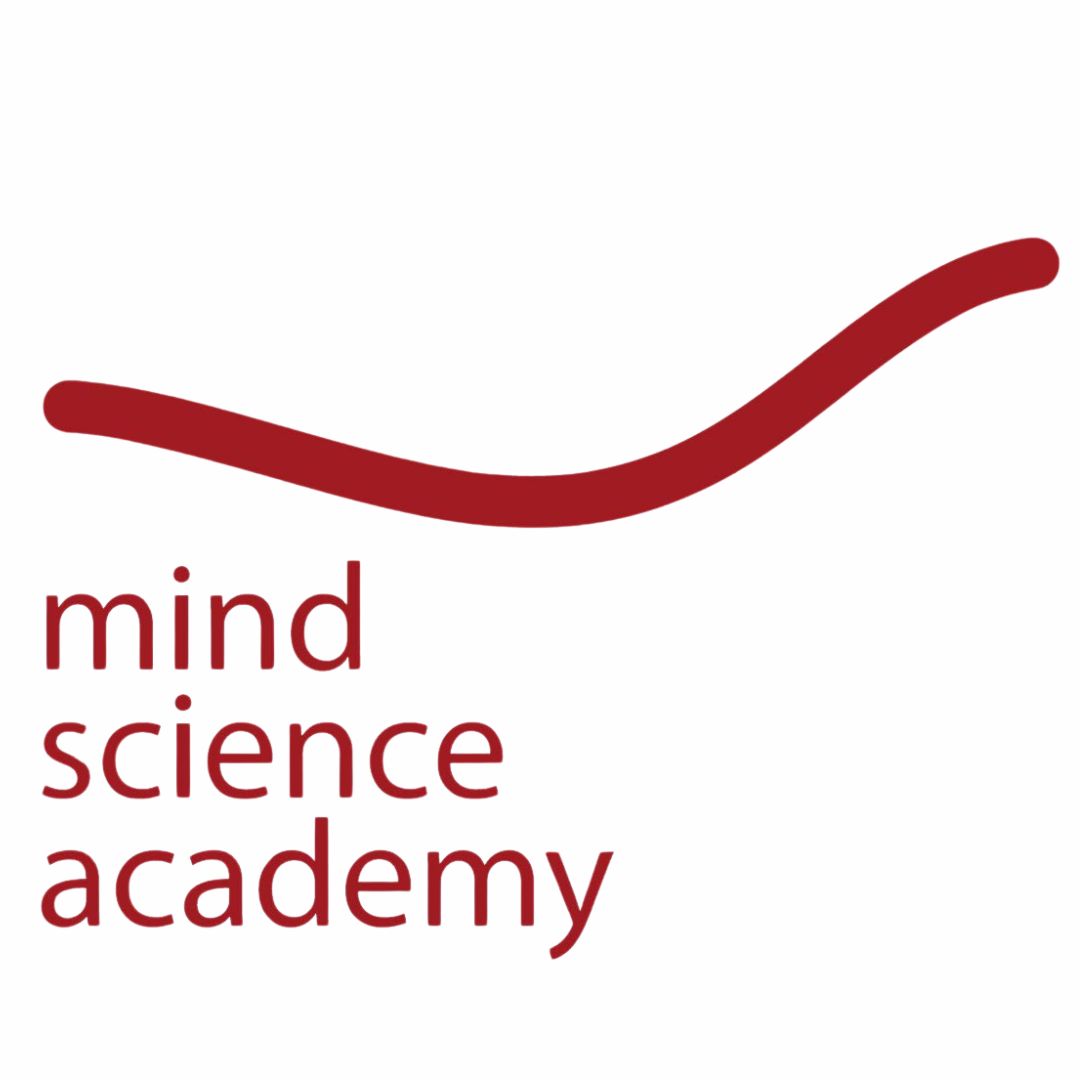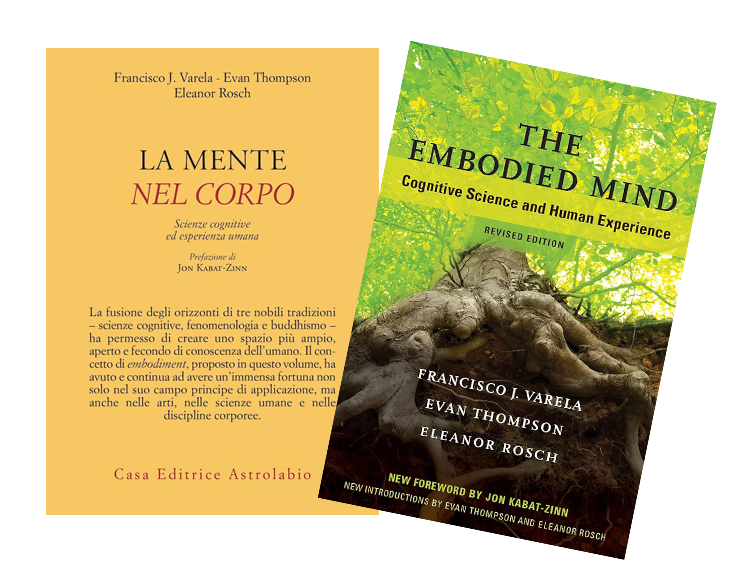by Laura Candiotto and Maria Vaghi
In the text Embodied Mind: Cognitive Science and Human Experience (originally written in 1991 and republished in 2017; Italian translation: La Mente nel corpo, Astrolabio 2024), Francisco Varela, Evan Thompson and Eleanor Rosch lead us towards that idea of the embodied mind, according to which the very understanding of the mind cannot exist in separation from the body or the environment. From their thought, enactive epistemology flourishes, bringing to light first-person knowledge where embodied experience plays a constitutive role.
Cognitive sciences are thus enriched with a new gaze generated by interdisciplinary work between neurobiology, psychology, philosophy, phenomenology and meditative practice in which the scientific method correlates with the Buddhist perspective (especially Madhyamaka) and phenomenology (in particular Merleau-Ponty).
According to the theory of the embodied mind, the mind does not process information from the outside. Instead, an immersion in first-person experience takes place which is made up of dynamic and co-institutive relationships between body, brain and environment. A mind that is based on the embodied actions of each organism and on the relationship with others and with the environment.
The concept of a pre-established reality therefore weakens and a perspective takes place in which the constitution of meanings by organisms living in a specific environment is the basis of life. Thus the scope of subjective experience becomes wider in the continuity between life and mind: conscious experiences are inseparable from the sensorimotor ones of the organism that lives in a specific environment.
Varela's invaluable work on the embodied mind has given a far-reaching vision of living the human experience firsthand.



